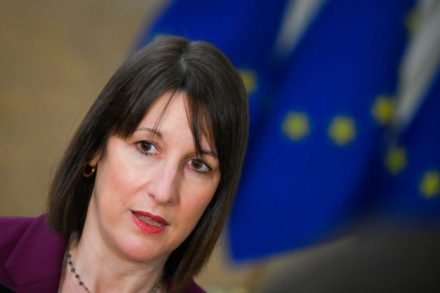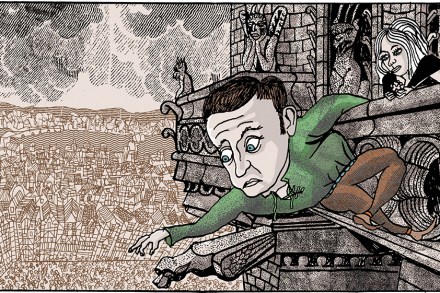The crisis gripping France's Le Monde newspaper
Once one of France’s most respected publications, Le Monde is in crisis. Its newsroom is gripped by a climate of fear, where only left-wing and woke views are tolerated, and dissenters whisper their frustrations in the shadows. Once a beacon of intellectual rigour and fearless reporting, an investigation by its rival Le Figaro paints a damning picture of a newspaper strangled by ideological conformity and toxic cancel culture. ‘People are afraid; it’s an omerta,’ admits one anonymous journalist. The glory days of Le Monde are gone, replaced by a paper which appears to be more concerned with parroting the ideological consensus than holding power to account. Le Figaro’s investigation reveals a newsroom





















